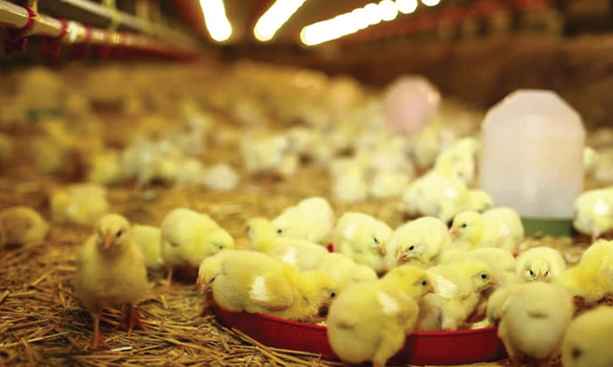I was listening to Mr. Satar Dada’s interview on Duma Fm yesterday. It was all part of the current “chicken” woes, where the big industry players stand accused of muzzling out small players.
In the interview, Dada said some things I found intriguing and profound. He laid bare what’s wrong with the entrepreneurial landscape in the country. In short, he said Batswana need to be taught the basics of how to do business. Not all Batswana obviously, but what he was driving at was the need to cultivate the entrepreneurial spirit in the country, which goes beyond setting up business because you think it’s quick money.
Dada talked about how he reluctantly got in the chicken industry. He was forced to buy the loss making Tswana Pride from a friend. Since he didn’t know anything about buying chickens, he recruited someone who knew how to. When he got in the market, Dada said Botswana was importing 100% of 1 day old chicks. He says he took a risk of putting a large investment in producing the chicks locally, and the country became self sufficient.
Of course not everyone gets this kind of opportunity; friends willing to sell businesses that they can’t manage to us, or being in a position to have ready capital to finance investments. But the key lessons here is identifying an unmet opportunity, and taking risk. Breaking grounds. This is something that lacks Botswana and its down to many factors. Many times we complain of copy cat entrants, but that’s because the barriers to entry are low and with that, economics dictates that more players will get in.
To remain competitive, you have to stay ahead of the curve by being agile; looking for problems and bringing solutions. We can’t always flock to the same thing. Strive Masiyiwa puts it nicely “once you see people jumping on the bandwagon, know it’s already too late.” Let’s break new ground, but how?
There is too much fragmentation in Botswana. Most entrepreneurs want to go at it all alone. When they figure something that seems to be making money, they just jump in, once again leading to too many players doing the same thing. We need to foster collaborations, forming strategic relationships and understanding the value chain. Know which role you can dive into. You have an empty plot but no capital? Find someone who has capital. You have land and now capital but don’t know anything about rearing chickens or growing plants? Find someone who does, collaborate and do the work.
To expand more on understanding the value chain, it requires continuous learning. Going out of your comfort zone and be willing to do the tedious and unpleasant tasks. Where do you want to fit in the value chain looking at your current resources? Dada says the surge in demand for poultry producers was ignited by government’s subsidy for chicken feeds. Now with lower costs, most people ventured into the business, some without even informing themselves of the poultry industry: where smaller producers are usually suppliers to the few big players who supply a larger customer base that requires constant supply.
Now where did you want to fit in this poultry chain? Why didn’t some people go into feeds production because with subsidy from government there is increased market share. How about manure production, chicken feathers etc If you want to sell chicken to a large market eg retail, do you have the capacity? the consistency to supply the required quantity and quality? These things take time, you build, learn and reconfigure. Find your niche in the value chain by learning the process from the factory to the store shelves. Hell now you even have to learn the value chain down to what even happens after consumption.
Another thing that stood out to me during the interview was when Dada talked about discipline. Be willing to put in the hard work even when your chips are down. Most of us want the finished product but don’t want to do the dirty work that goes behind the scenes. The difficult things are hard, but if you have a vision of what you want to achieve, you will look behind resources and start being resourceful.
I’m not an entrepreneur, but I do know how harsh the startup market is. It’s a small and narrow market with a lot of undifferentiated products. You will face challenges, from the consumers to the dominant market players. I can’t promise you a winning business idea, but what I know works is being responsive to consumer wants and needs. Learn them, what influences their purchase decisions? What problems can you solve for them? Would you use your products and services? What should they buy your product and not the other one? Work on your value proposition.
Other challenges will require the state intervention through effective regulations. We need to have Competition and Consumer Authority keeping a hawk eye, upping its research and information dissemination. Talent is in abundance but opportunities are not; how do we ensure that we narrow the information asymmetry, where the other party knows more than the other?
Dominant players have large resources to stay ahead of competition, and this is one of the few areas where the state has to intervene through effective policies that foster collaboration, skills transfer, investing in research and development, entrepreneurship education at schools.
Foreigners are not the problem. Ours is a structural problem that has long been in the making since we got mesmerized by diamond money. As it turns out, we can no longer pay people to mask and soothe our problems. Let’s work!
Obonye Bonnie Modiakgotla
